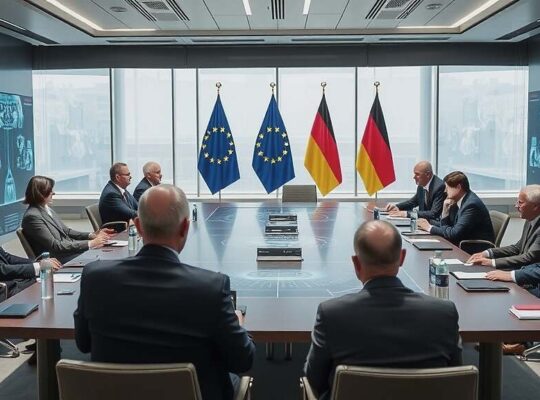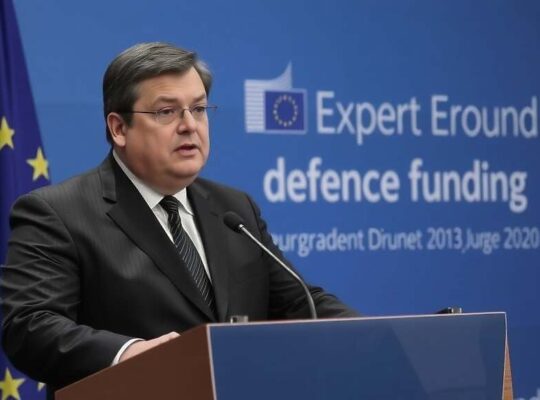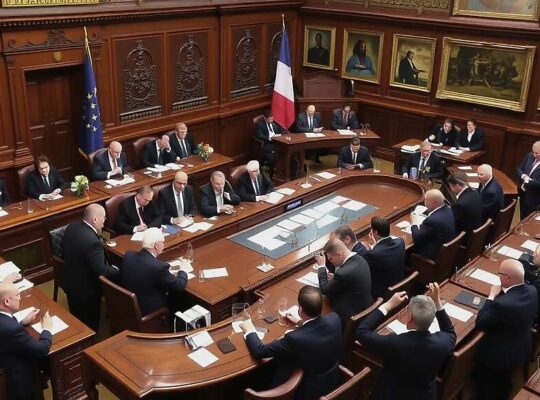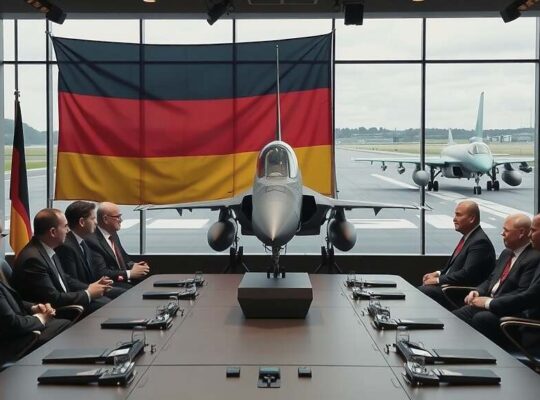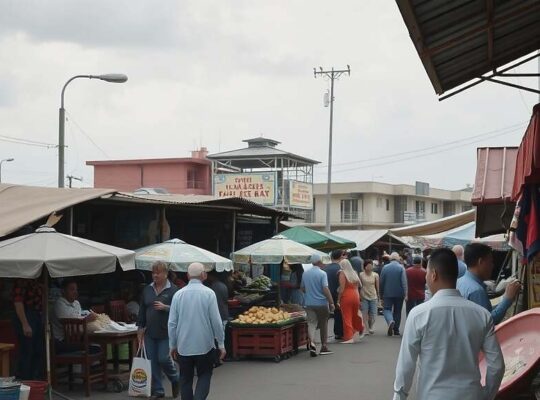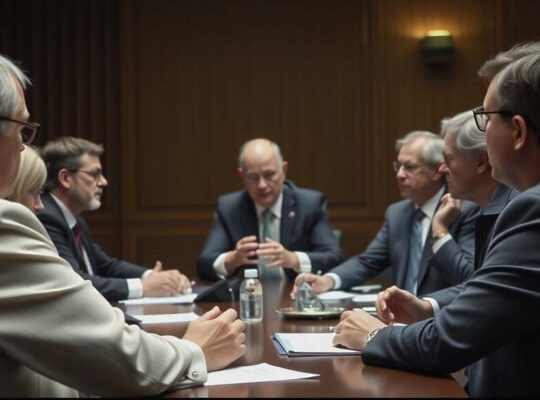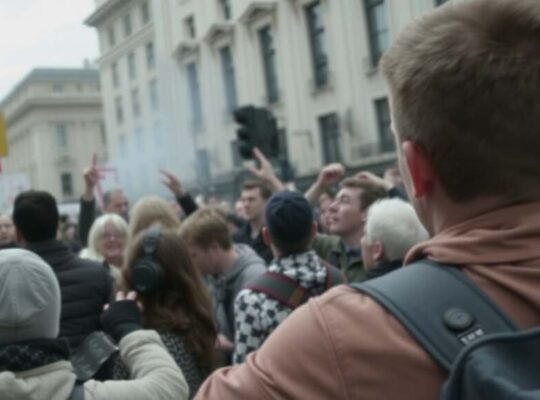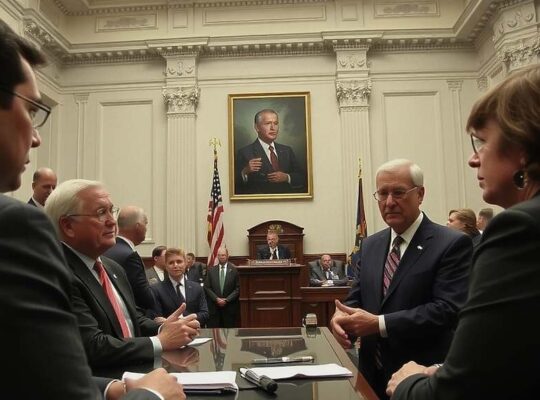The German DAX index opened marginally unchanged Tuesday, hovering around 24,390 points, a slight uptick from the previous day’s close. While superficially stable, the market’s muted reaction underscores a deeper fragility driven by persistent anxieties surrounding the political landscape in France.
“The concerns regarding France’s political trajectory are undeniably impacting the DAX, though not yet catastrophically” stated Jochen Stanzl, Chief Market Analyst at CMC Markets. He observed a stark contrast with the previous crisis, where President Macron swiftly clarified the path forward. “The uncertainty surrounding his ability to do so again is weighing heavily on investor sentiment and the market is cautiously hoping for resolution.
The perceived isolation of the French political turmoil, preventing a wider contagion effect across European markets, is partly attributed to a lingering belief in the European Central Bank’s willingness to intervene as a lender of last resort. However, this reliance on a potential ECB bailout introduces a level of artificial stability that may mask underlying vulnerabilities.
Furthermore, the escalating gold rally continues to accelerate, reaching new record highs. The growing participation of retail investors is particularly noteworthy, driven by a constant stream of positive news prompting further investment. With technical analysis suggesting a potential target of $4,400 per ounce, the sustainability of this upward trajectory remains a point of observation, raising questions about broader economic anxieties.
Interestingly, the Tel Aviv Stock Exchange has achieved a record high, fueled by widespread speculation surrounding the imminent arrival of a durable political solution and, crucially, the prospect of peace. This performance demonstrates a significantly outsized growth compared to major markets in the US, Germany and Japan year-to-date, potentially reflecting a different assessment of geopolitical stability or a positioning for a post-conflict economic boom. The divergence raises questions about the varying degrees of optimism and risk tolerance being expressed in different parts of the global market.
Meanwhile, the euro weakened slightly, trading at $1.1682, highlighting a broader trend of currency fluctuations influenced by global political and economic uncertainties. The combination of anxieties from France, the gold rally’s implications and fluctuating currency strength paints a complex picture of market sentiment and underscores the need for cautious evaluation amidst what appears to be a superficially calm trading day.



